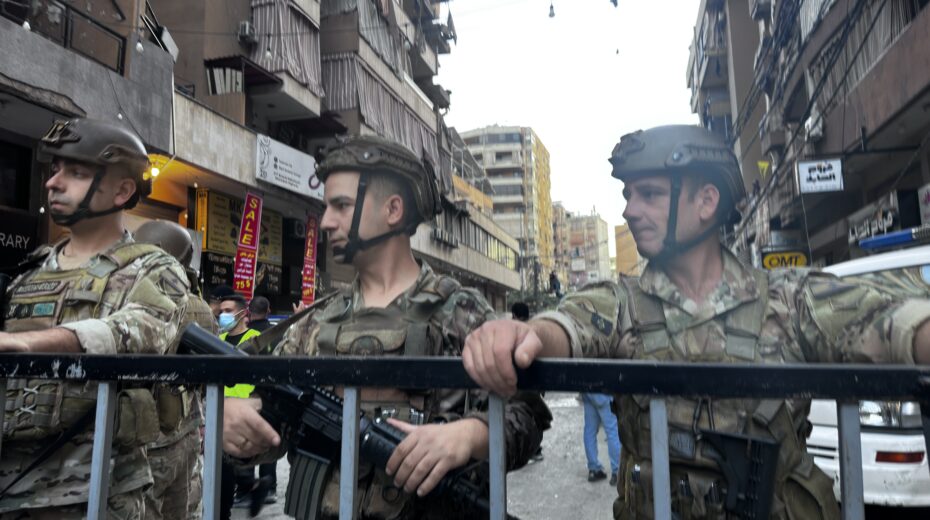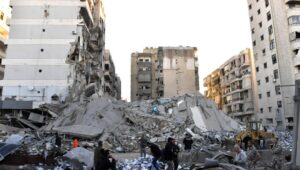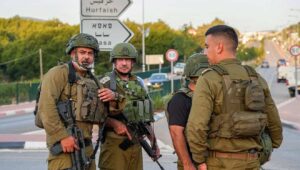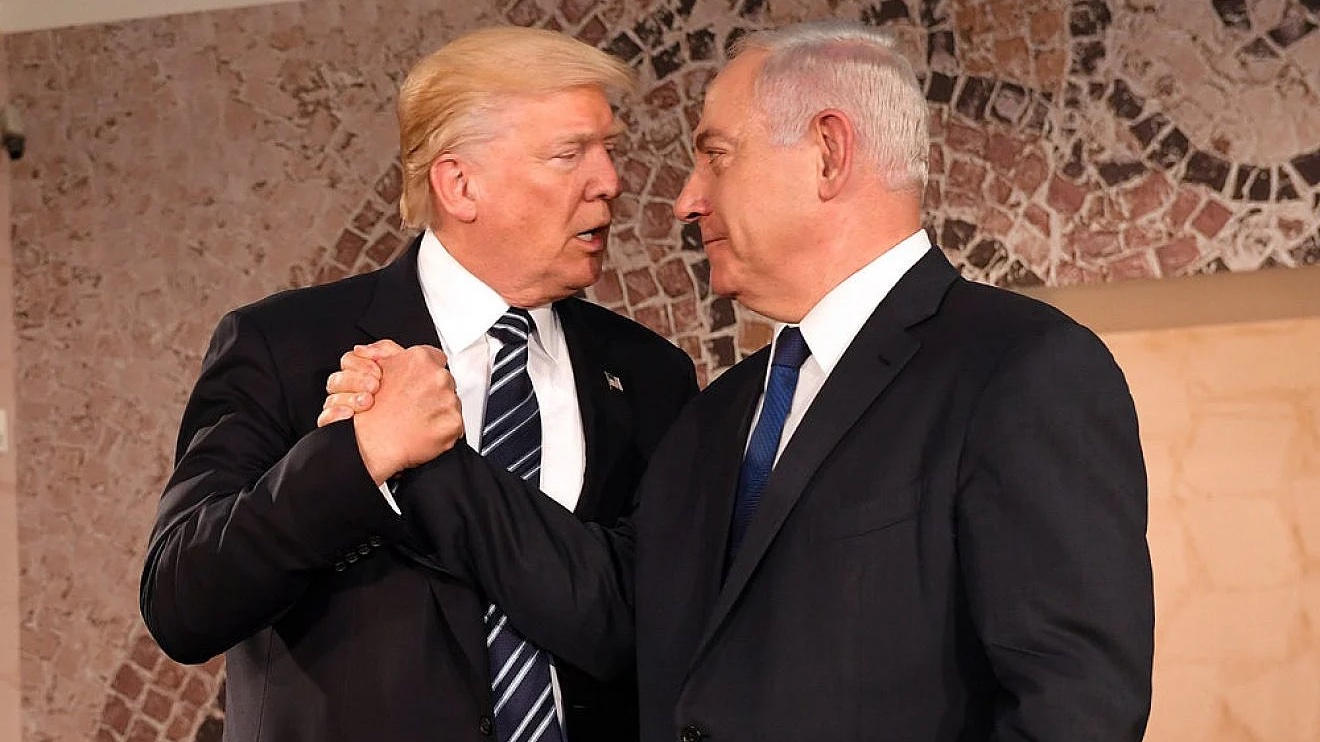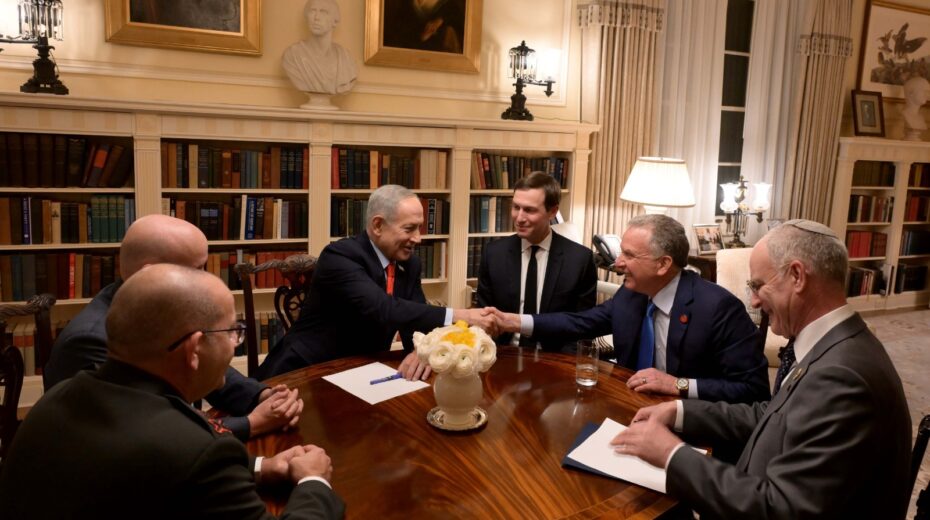(Israel Hayom) The elimination of Haytham ‘Ali Tabataba’i, another of Hezbollah’s “military chiefs,” appears to signal the definitive end of the terror organization’s era of regional influence.
Tabataba’i, who rose through the ranks of Hezbollah’s special forces, was more than just a senior commander in the terror group’s Radwan unit. He was dispatched on key assignments during the civil wars in Yemen and Syria throughout the last decade. Through this work, he provided extensive support to other elements of the Iranian axis, enabling them to establish themselves against their rivals from the Sunni and Islamist axis.
During those years, Hezbollah was operating at the peak of its strength, sending delegations of military advisers to distant corners of the Middle East. These missions were instrumental in aiding the Houthis in their fight against the Yemeni government and its allies, Saudi Arabia and the United Arab Emirates. They also served as a major source of support for the Assad regime in Syria and offered counsel to militias in Iraq. (The previous Hezbollah secretary-general was not content with merely sending an advisory team, but also, according to reports in foreign publications, personally provided telephone consultations to the Houthi leader.)
Hezbollah’s defeat by Israel and the continuous elimination of top leadership have since catapulted Tabataba’i to the helm of the terror organization’s military wing. He collaborated closely with Mohammed Haidar, a senior adviser on the “Jihad Council” who himself survived an assassination attempt. Over the past year, both men, like the few other surviving senior Hezbollah officials, have been focused predominantly on attempts to reconstruct terror infrastructure within Lebanon, not on engagement in Sanaa or Damascus. Consequently, the Iranian axis has suffered severe setbacks, or even outright collapse, on both of those distant fronts.
Tabataba’i’s death will exacerbate Hezbollah’s debate over how to respond to Israel’s strikes in Lebanon—a conversation the deceased official himself was engaged in. Recently, Hezbollah Secretary-General Naim Qassem ramped up his rhetoric, declaring that “the current situation cannot continue.” Qassem seems to have channeled the discontent brewing within the organization’s ranks following the hundreds of targeted killings in the past year.
Yesterday, two senior Hezbollah figures addressed the attack. While Member of Parliament Ali Ammar spoke about finding “the appropriate time” for a response, Mohammed Qamati stressed that “all options are open.” These remarks are highly indicative of the profound disagreement within Hezbollah that will dominate the leadership’s upcoming consultations.
On one side, Hezbollah finds itself in a position of historic weakness and is disadvantaged against Israel, despite its efforts to recover. Launching a single rocket or a full salvo could provide Israel with the perfect pretext for additional strikes, eliminating the few remaining senior commanders. Qassem may lack strength and charisma, but the organization has no superior alternative. The head of Hezbollah’s political council, Ibrahim Amin al-Sayyed, is an equally uninspiring figure. On the other side, the organization faces growing turmoil among the Shi’ite public in Lebanon due to delays in reconstruction and compensation payments, fueling a strong desire for revenge.
Despite these immediate pressures, Hezbollah’s calculus is rooted in the long term. Their reasoning dictates that as long as the Shi’ite Muslim population continues to expand at the expense of Christians and maintains its support for the terror group, they can afford to wait and concentrate solely on infrastructure repair. With the passage of time, Lebanon will become progressively more Shi’ite and pro-Iranian, they believe. Under this view, the current Lebanese government, including figures like President Michel Aoun, represent the final stand of the country’s “pro-Western” elements.
This dynamic shifts the central dilemma to Israel. Can Jerusalem accept a diminished Hezbollah, fully aware that it might fully rebound in 10 years, or should it exploit the current opportunity to push the terror group into an even deeper abyss—a crisis point where its rivals within the Land of the Cedars will finally have the courage to step in and permanently dismantle the organization’s arsenal?
Originally published by Israel Hayom.


